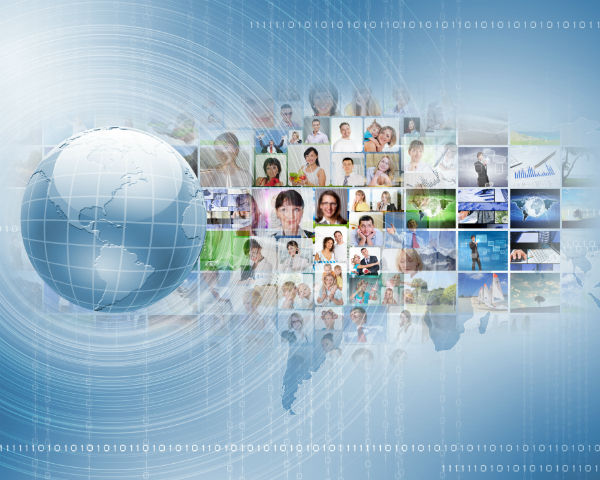The Impact of the Cloud on Social Sciences

Four out of every five Americans are using some form of social media. You may not realize this, but the explosion of social media is partly due to increased availability of low cost cloud computing platforms. Since prices seem to be heading southward all the time, developers are able to come up with new applications that seem to have the capacity to digest billions of bits of data per day.
Estimates say that about 200 million tweets and around a billion Facebook posts are sent everyday. And typically this volume of information is used to create targeted ads and predict buyer behavior. In a way, users are being treated as a statistic. Is anyone really looking at the meaning of what people are writing?
If insights related to society were derived from this massive amount of data, governments could understand social and political issues much better than they currently do. Government programs might better take control of rising rates of suicides, crime and depression.
There are already some websites looking to aggregate emotions. While they are still largely experimental, enough has happened to show that this is a viable idea.
The cloud is critical in all these experiments not only because it provides low cost storage but because it also provides low cost processing power, as well as the capability to experiment and innovate with very little financial risk. With storage being so cheap, you can collect millions of messages and revisit old data every time you revise an analysis algorithm to see if the new one fits better.
Analysis of this kind is already being used. The US Government has teamed up with Facebook to help people find jobs more easily. Other possible benefits include:
- Improving the content and context of social and political programs
- Understanding how society is evolving could help future generations in their own evolution
- Treating people as individuals: in many cases, individuals would be understood far better and handled differently. See the analysis of the Facebook posts of the Boston Marathon bombers and the information that is now being retrieved from there. Someday it might be possible to analyze social information in near real time, and at that point there might be preventive intervention.
- People themselves suggest solutions. See the comments offered on any major story. Because hundreds of people get involved, the problem gets examined from varying viewpoints and the analysis is more complete.
- A number of business opportunities emerge because people discuss their dreams, fears, hopes and dislikes.
There is enormous information hidden in social media messages. We have not begun to see this as a resource that can change society. Do you think that the Arab Spring could have been foreseen had the rulers bothered to see what the masses were talking about? Are there other Arab Springs in the making, and are the governments becoming wise to the idea?
Be Part of Our Cloud Conversation
Our articles are written to provide you with tools and information to meet your IT and cloud solution needs. Join us on Facebook and Twitter.
About the Guest Author:
 Sanjay Srivastava has been active in computing infrastructure and has participated in major projects on cloud computing, networking, VoIP and in creation of applications running over distributed databases. Due to a military background, his focus has always been on stability and availability of infrastructure. Sanjay was the Director of Information Technology in a major enterprise and managed the transition from legacy software to fully networked operations using private cloud infrastructure. He now writes extensively on cloud computing and networking and is about to move to his farm in Central India where he plans to use cloud computing and modern technology to improve the lives of rural folk in India.
Sanjay Srivastava has been active in computing infrastructure and has participated in major projects on cloud computing, networking, VoIP and in creation of applications running over distributed databases. Due to a military background, his focus has always been on stability and availability of infrastructure. Sanjay was the Director of Information Technology in a major enterprise and managed the transition from legacy software to fully networked operations using private cloud infrastructure. He now writes extensively on cloud computing and networking and is about to move to his farm in Central India where he plans to use cloud computing and modern technology to improve the lives of rural folk in India.


